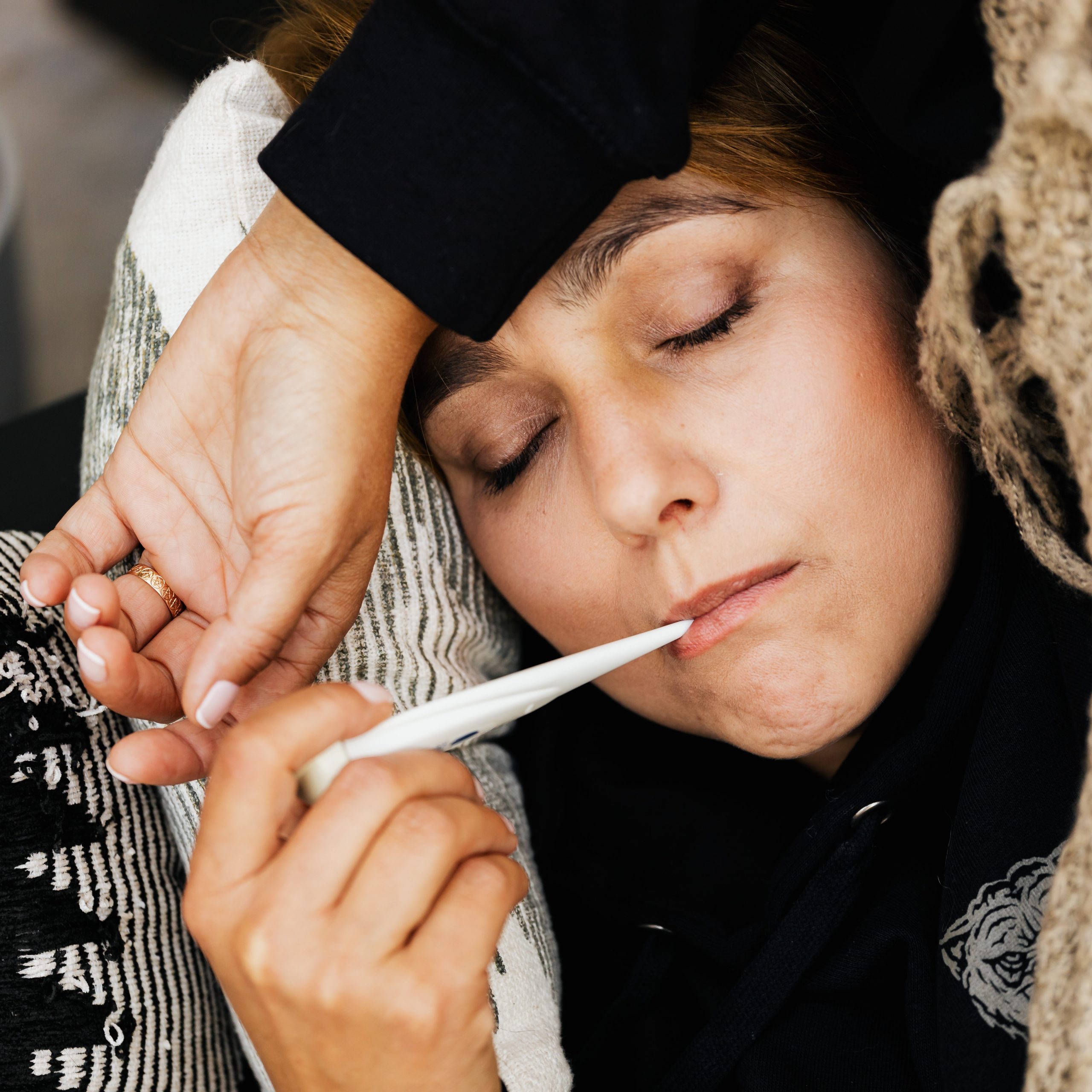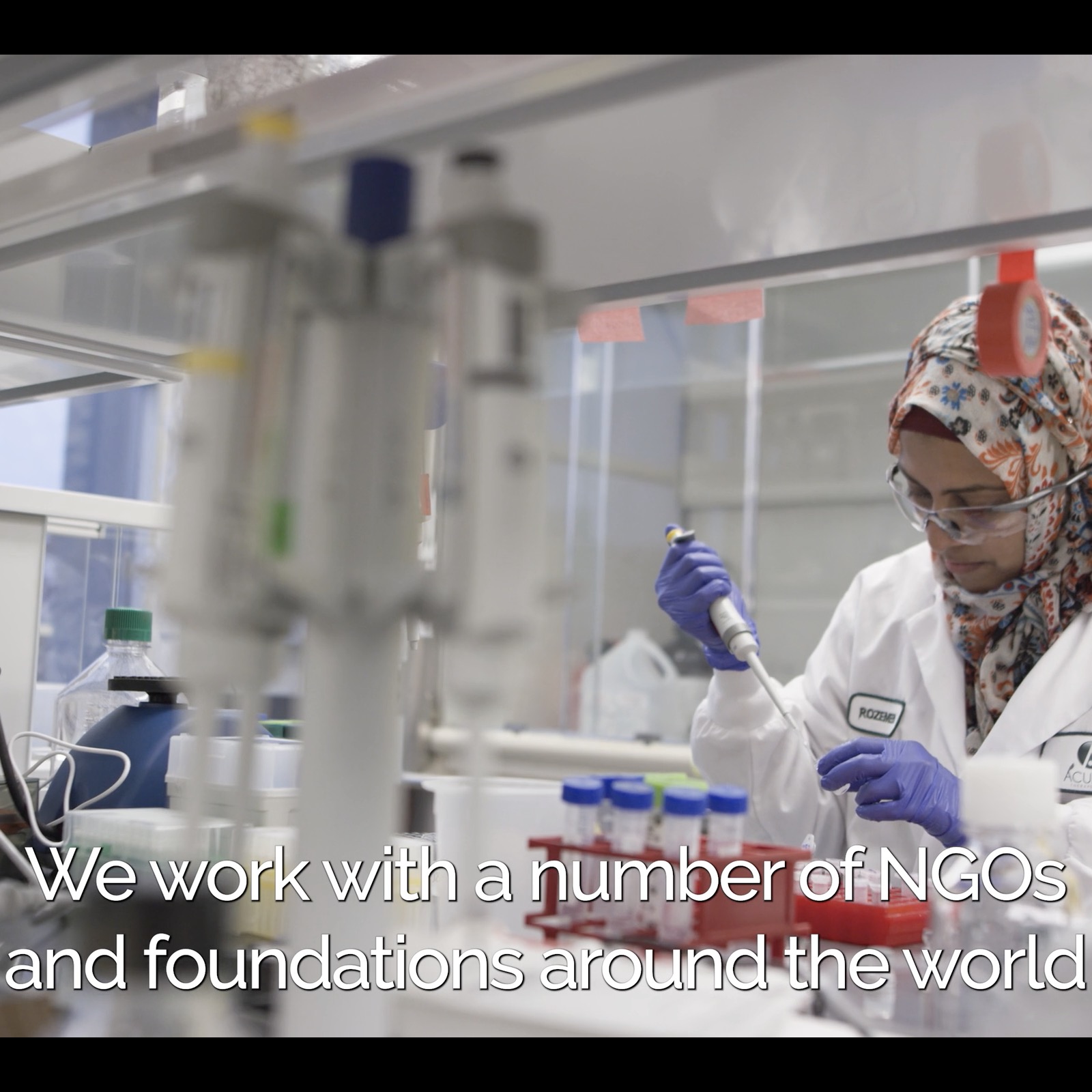
COVID-19 Long-Term Effects
COVID-19 is a serious, vicious disease that we know can be deadly. What we are also learning is that, in some cases, even for people who have mild symptoms, there are long-term effects of the virus that can be debilitating.
According to the Mayo Clinic, a highly reputable medical clinic in the United States, while the majority of people who contract COVID-19 recover within several weeks, some – even those with mild cases – continue to experience symptoms after their initial recovery. These people are often called “long haulers.” The Mayo Clinic says that some common signs and symptoms that can continue over time include:
- Fatigue
- Shortness of breath or difficulty breathing
- Cough
- Joint pain
- Chest pain
- Memory, concentration or sleep problems
- Muscle pain or headache
- Fast or pounding heartbeat
- Loss of smell or taste
- Depression or anxiety
- Fever
- Dizziness when you stand
- Worsened symptoms after physical or mental activities
In addition, says the Mayo Clinic, while it is often seen as a lung disease, COVID-19 can also cause long-term health issues with the heart and brain. The Centers for Disease Control and Prevention in the United States echoes this information. You can find a fair amount of information on their website.
The reality is that at this point, there is much that is unknown about the long-term effects of COVID-19. The New England Journal of Medicine offers some sobering thoughts about the issues that we may encounter as the world comes to grips with the ongoing health challenges that people who had COVID-19 continue to face. The article also identifies that some data shows that women are disproportionately affected by long-haul symptoms. NBC also did an opinion piece on what this might mean, going forward. Both articles are worth reading.
There are many reasons to get vaccinated and concerns over the long-term effects of catching this awful virus should be added to the list. Vaccinations protect the person who got the vaccine and the people around them. Being vaccinated means that your immune system can fight off the disease and you are much less likely to be hospitalized or to die from COVID-19. Being vaccinated also means that you are far less likely to be able to spread the virus to someone you care about or to others who might have underlying conditions and to those – who for legitimate reasons – can’t be vaccinated.
Please get vaccinated and encourage those around you to do so as well. The vaccines are proven to be safe and effective. And by getting the vaccine, you will be a part of the solution – of the global effort to stop COVID-19 from taking any more lives.




